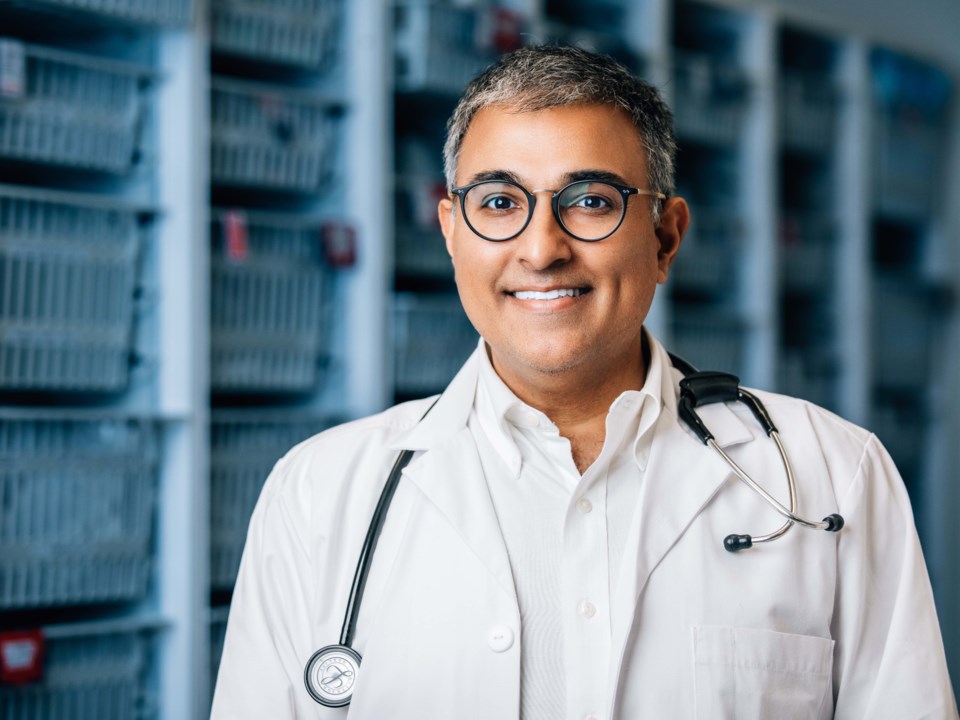November is Lung Cancer Awareness Month, and it’s a good time to highlight that not all lung cancers are created equal.
Small cell lung cancer (SCLC) is one of the most aggressive forms of cancer, affecting about 4,000 Canadians every year. By the time a person receives a diagnosis, it has typically spread (metastasized) outside of the lungs to other parts of the body. This means the cancer is advanced, more difficult to treat, and near impossible to cure.
That patient has, on average, less than 13 months to live, and less than 20 per cent live beyond three years — a dismal prognosis.
As a small patient group often facing aggressive, late-stage diagnosis, the SCLC community is frequently sidelined in the development of and access to novel treatments. Because it’s such resistant cancer, we aren’t necessarily going to see the same home-run types of improvements that we’ve seen with other forms of lung cancer (like non-small cell lung cancer), breast cancer and skin cancer.
Advances are more likely to come in small incremental gains, which may not seem like a lot, but for patients with SCLC, those small incremental gains can be huge. It means they get to see a grandchild being born go to a wedding, or experience one more holiday season.
For Canadians facing the reality of an advanced or less common form of cancer, access to new treatments is more than urgent. Patients and their families are desperate for promising new options currently under consideration, and it’s critical that we look at all possible ways to speed up review and approval processes to help patients who don’t have the luxury of time.
Because these patients are so sick initially and the survival rate is not long, they can’t really advocate for themselves. It falls on families and health-care providers to help governments understand what they are going through.
As a physician who is on the frontlines with these people, I urge governments to consider the importance of access to new treatments for those who typically have very few. Let’s give all lung cancer patients a chance at more time with the people they love.
Dr. Shaqil Kassam is a medical oncologist at Southlake Regional Health Centre in Newmarket.



